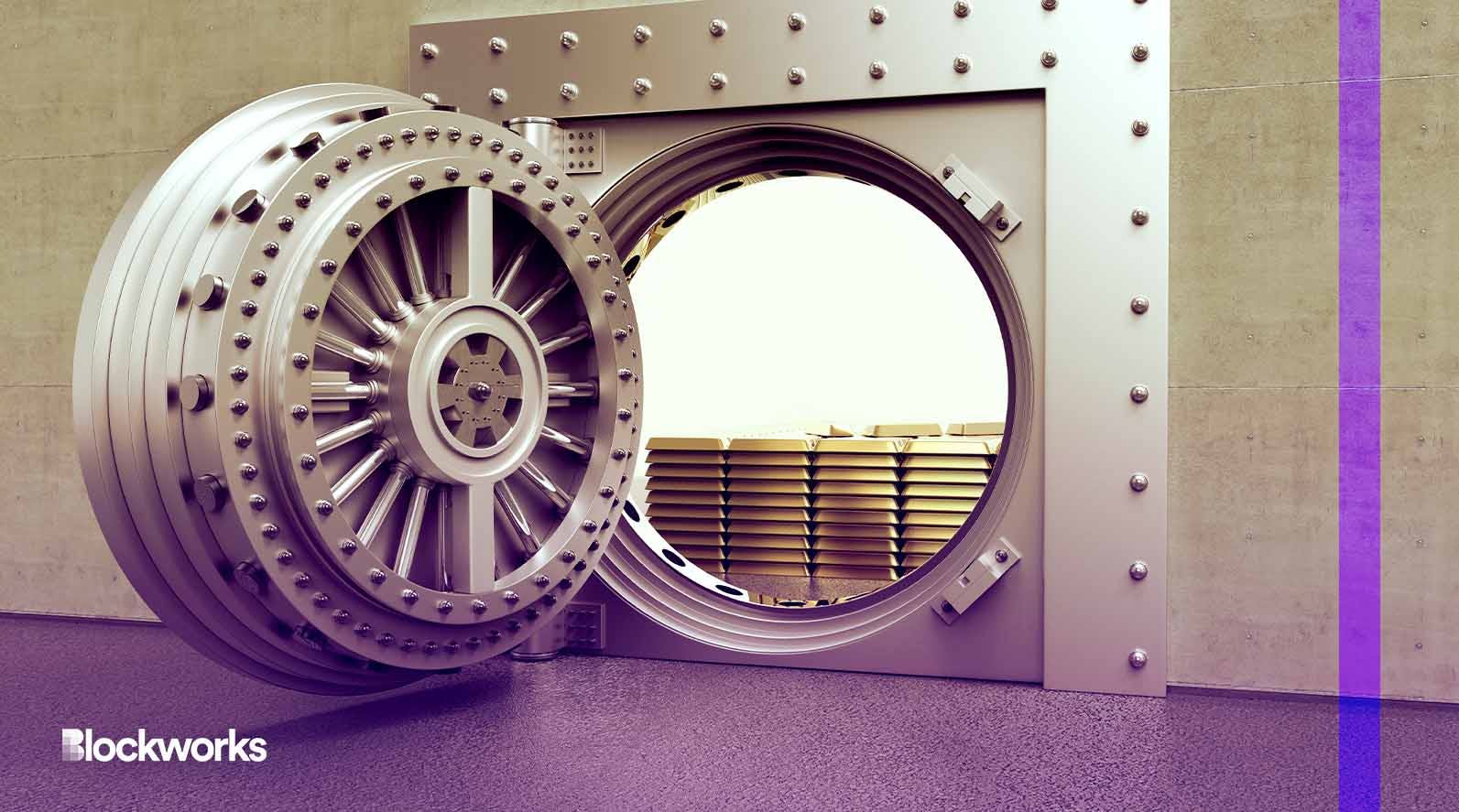Offchain Labs makes BoLD moves with new permissionless validation protocol
Arbitrum’s latest protocol will prevent delay attacks, making strides toward decentralization

Jose Luis Stephens/Shutterstock modified by Blockworks
Offchain Labs, the research and development team that supports layer-2 Ethereum scaling solution Arbitrum, has introduced permissionless validation protocol Bounded Liquidity Delay (BoLD).
Arbitrum is designed to leverage Ethereum’s security as much as possible. Currently, Arbitrum uses Ethereum to confirm that its state is accurate.
An Arbitrum validating bridge sends information from its network to Ethereum. Once the transfer is complete — even if Arbitrum itself stopped processing transactions temporarily — users could still withdraw funds from the Ethereum blockchain.
To prevent validators from committing fraud when sending information between Arbitrum and Ethereum, the process has a built-in delay, typically lasting about seven days. Over that period, other whitelisted actors can challenge claims they deem fraudulent.
As this process is permissioned, users are at the mercy of a limited set of whitelisted validators and must trust those validators are above board.
The problem, however, is that placing your trust in humans, who may be self-serving, does not always end well. A common concern is delay attacks.
A delay attack is when a malicious actor uses funds to prevent transactions from accurate confirmations — meaning a user who wishes to withdraw from layer-2 to layer-1 may never be able to do so.
Ed Felten, the co-founder and chief scientist of Offchain Labs, told Blockworks that BoLD will be the first-ever protocol for resolving rollup disputes that allow anyone to be a validator without risking delay attacks.
“The key attribute of BoLD for avoiding delay attacks is that BoLD can resolve all disputes in a single procedure, no matter how many conflicting claims are being made or how many parties are making them,” Felten said.
Reaching resolution
Previously, protocols worked “tournament style,” engaging in individual contests before reaching a resolution, Felten said.
Introducing BoLD will also mean that users will have a guaranteed upper bound of seven days to ensure their funds are accurately reflected on Ethereum layer-1 as long as there is one honest validator.
“In our opinion, this will make it safe for Arbitrum-technology chains to open up permissionless validation,” Felten said.
Over the coming weeks and months, Felten notes that Offchain Labs will release instructions for running a Nitro developer testnet with BoLD, then a testnet.
“We expect that the Arbitrum DAO will then consider whether to deploy BoLD on Arbitrum One and Nova,” he said. “Developers of Orbit chains will have the option of using BoLD as soon as it’s stable on testnet.”
Get the news in your inbox. Explore Blockworks newsletters:
- The Breakdown: Decoding crypto and the markets. Daily.
- 0xResearch: Alpha in your inbox. Think like an analyst.






